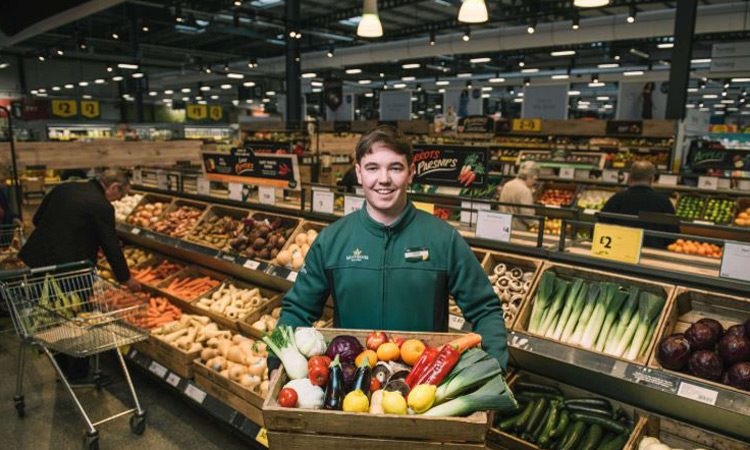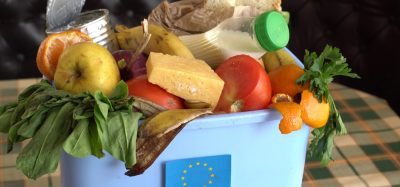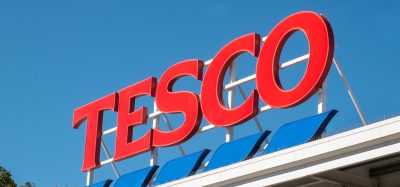Morrisons introduces plastic-free fruit and veg areas
Posted: 31 May 2019 | New Food Magazine | No comments yet
Morrisons is to become the first British supermarket to roll-out plastic free fruit and veg areas in many of its stores, helping customers buy bagless.


Customers will be able to choose from up to 127 varieties of fruit and veg, and buy them loose or put them in recyclable paper bags.
The move follows a 10-month trial in three Morrisons stores where the amount of loose fruit and veg bought by customers has increased by an average of 40 percent. The new ‘buy bagless’ fruit and veg shelves are expected to result in a similar switch from bagged to loose – saving an estimated three tonnes of plastic a week, equating to 156 tonnes a year.
Customers will see an entire section of the fruit and veg department with no plastic. There will be a neighbouring section where customers can still buy packaged veg, if they choose. When customers buy loose fruit and veg, they can either take them through the checkout loose or bag them in Morrisons recyclable paper bags.
This is the latest announcement from Morrisons which has made changes that will remove 9,000 tonnes of unnecessary or problematic plastic each year. This figure includes 174 million plastic produce bags removed from fruit and veg aisles, and 600 tonnes of unrecyclable polystyrene removed from branded food and drink products.
The loose fruit and veg areas will be rolled out in 60 Morrisons stores during the course of 2019. They will then continue to be introduced as part of the supermarket’s ongoing store refurbishment programme nationwide – saving even more plastic over time.
Drew Kirk, Fruit and Veg Director at Morrisons said: “Many of our customers would like the option of buying their fruit and veg loose. So we’re creating an area of our greengrocery with no plastic where they can pick as much or as little as they like. We’re going back to using traditional greengrocery methods and we hope customers appreciate the choice.”
Morrisons plastic reduction initiatives are detailed in its 2018-2019 Corporate Responsibility Review. The review also details that the group has reduced carbon emissions by 45 percent since 2005.









